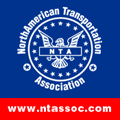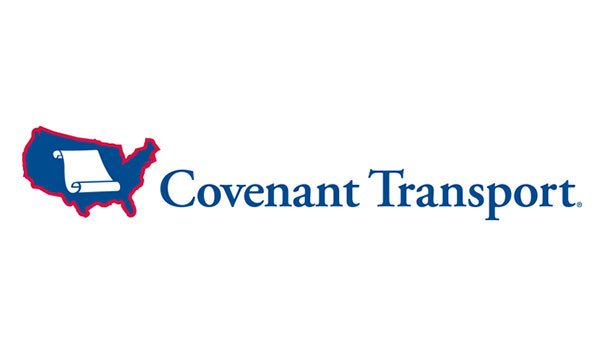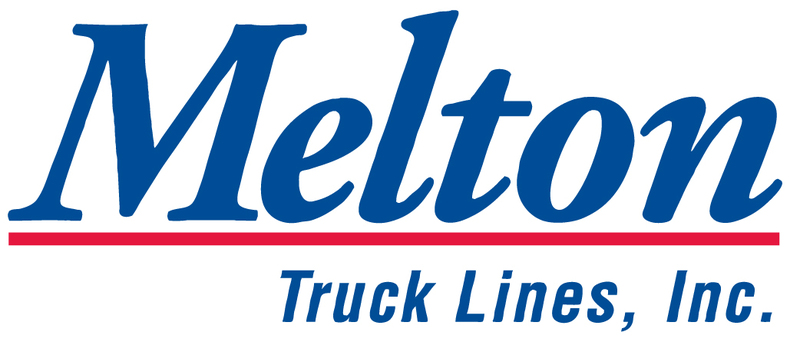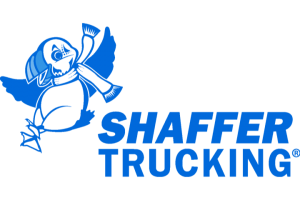Proper Usage of Owner-Operators
From the tidbit trivia files of NTA, WOULD YOU BELIEVE a report on how predatory trial lawyers profit by depriving victims of justice and undermining the Rule of Law? I call this one, "The Wussy and the Bandit!"
A Canadian judge awarded a Windsor, Ontario, hair stylist $340,000 for emotional damage he allegedly suffered when he spotted a dead fly in a container of bottled water he was putting in his shop's water cooler. The stylist claimed "nervous shock, emotional distress and resulting anxiety, depression, and physical and psychological conditions." He lost his sense of humor, could no longer drink water, and could only shower wearing a bathing suit. A psychiatrist hired by the bottled water company examined the man for 10 minutes and deemed his claims bogus, an assertion the judge rejected.
Q:
We are considering using owner-operators in our business. Can you tell me more about the proper usage of using owner-operators?
A:
Owner-operators are a valuable resource used by many motor carriers, either in addition to, or instead of, company drivers. Many motor carriers are often left wondering who is responsible for the owner-operators DOT safety compliance. The answer is not so simple--it depends. You will need to define your situation.
Situation A: Is the owner-operator a for-hire carrier?
When an owner-operator has and is using his/her own MC number (federal authority) and USDOT number, then he/she is acting as a for-hire carrier. A carrier that utilizes an owner-operator in this capacity becomes the shipper.
In this scenario, the owner-operator is responsible for giving the shipper a bill of lading to haul goods on their behalf. Note: many shippers supply the bill of lading, even though it is technically the motor carrier's responsibility in the regulations.
The shipper only now needs six items to use the owner-operator: 1) a copy of his/her authority, 2) a copy of his/her certificate of insurance, 3) a certificate of qualification (§391.65), 4) a drug program verification, 5) a copy of his/her Federal ID number, and 6) a properly completed W-9. The shipper will have no other recordkeeping responsibilities under the Federal Motor Carrier Safety Regulations (FMCSRs) in this kind of agreement. Responsibility falls squarely on the shoulders of the owner-operator, who is defined as the motor carrier. Needless to say, if you are going to use owner-operators, in my opinion, this is the best situation.
The owner-operators would have to maintain their driver qualification files and retain their own logbooks, driver daily vehicle inspection reports, vehicle maintenance records, and the annual inspection report while in your service. Further, if the owner-operator is operating a commercial motor vehicle as defined in §382.107, he/she is subject to the DOT drug and alcohol testing requirements. As a single driver, he/she would have to be placed in a consortium such as NTA. You should request a "program verification" from the owner-operator's consortium every six months.
The advantage to having an arrangement like this with an owner-operator is that he/she is able to operate a vehicle sooner than other options--without the complications of qualifying a driver beforehand or the storage of records afterwards. On the other hand, such an agreement keeps safety compliance out of your hands. Will your goods make it safely to the destination? Even though it's the carrier's insurance claim, it could be your company's reputation.
Option B: Is the owner-operator the lessor?
Another option with owner-operators is to have an agreement to contract/lease them onto your motor carrier (i.e., working under your operating authority). They will provide transportation services using their own equipment, remaining independent contractors, meaning they are not considered employees of the company for benefit and pay purposes. However, they are included in the definition of "employee" when it comes to compliance with the FMCSRs. This definition of "employee" is located in §390.5
Owner-operators who own their own equipment are leased onto a motor carrier through the use of a lease agreement, governed by the FMCSRs in Part 376. Owner-operators who are in the process of buying their equipment from the carrier enter into a contract called a "lease-purchase" agreement.
Essentially, these owner-operators (working under your authority) will be included in your safety compliance efforts for drivers of a commercial motor vehicle as defined in §390.5 and §382.107. This means: 1) the driver must have a driver qualification file created under the carrier; 2) you must retain hours-of-service records on this driver; 3) you must retain inspection and maintenance records on the vehicle; 4) and the driver must be placed in your DOT substance abuse testing program, if applicable, for so long as there is an expectation of utilizing him/her. If your owner-operator works under multiple operating authorities, you could look into the multiple-employer exception in §391.63 - which is an abbreviated record-keeping for driver qualification files. No such recordkeeping break exists for DOT drug and alcohol information under §40.25
The motor carrier must ensure that all regulations are adhered to by all drivers, not just company drivers. Most carriers are ultimately responsible for the actions of the owner-operators that are leased onto them.
In the next issue, we will cover such subjects as: "The state in which you base your business can determine your truck liability lawsuits" and "Does the lease driver's actions have to be in the course and scope of the lease agreement?" and "Passengers--are they covered under the FMCSRs or are they part of the general public?" Most motor carriers think that if the "owner-operator is not under dispatch" they are not responsible. The answers will surprise you.
Written By: Wayne Schooling















